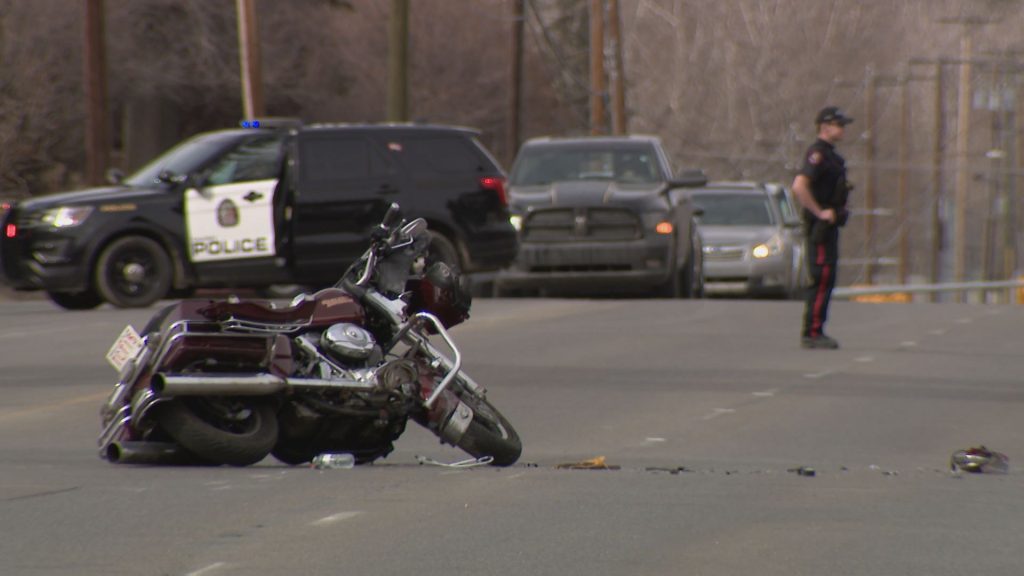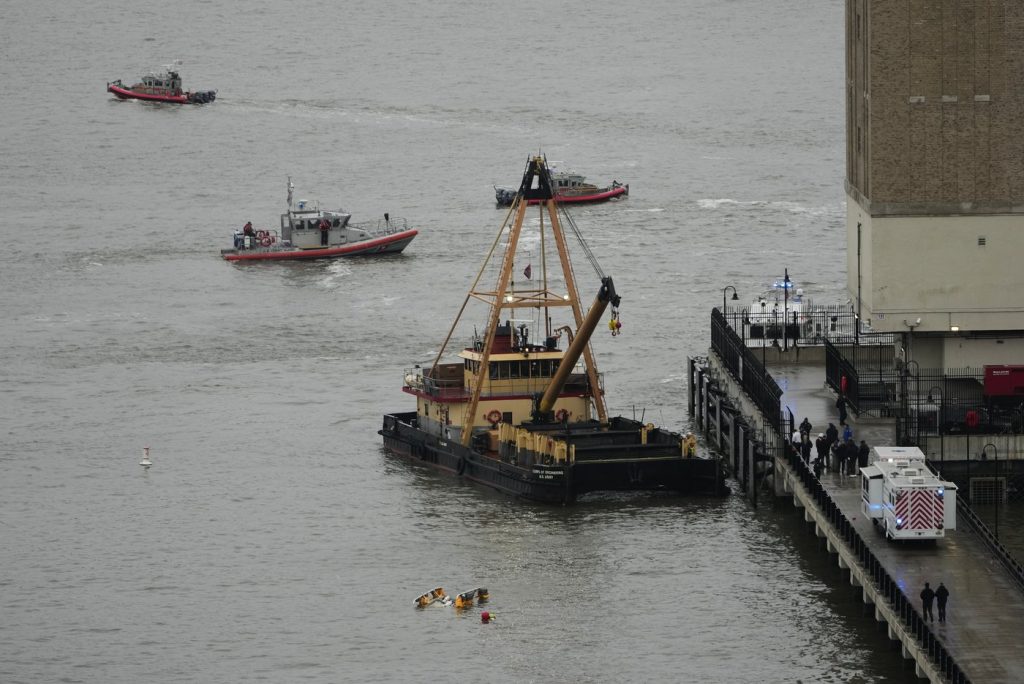Canada eases international travel restrictions for fully vaccinated
Posted Feb 28, 2022 7:41 am.
Last Updated Mar 1, 2022 3:57 pm.
New rules take effect this week for vaccinated travellers arriving in Canada as the federal government further eases pandemic travel restrictions.
As of Monday, those who are fully vaccinated will only be randomly selected for on arrival testing and individuals have the option of using a rapid antigen test result before a scheduled flight.
Furthermore, fully vaccinated travellers who get selected for random testing are no longer required to quarantine while awaiting their test results.
Unvaccinated Canadian travellers will continue to be tested on arrival and are still required to quarantine for 14 days. They will need to be tested again on day eight of their quarantine. Unvaccinated foreign nationals are still barred from travelling to Canada, barring a few exemptions.
Unvaccinated children coming to Canada travelling with vaccinated adults no longer have to isolate from school or daycare for 14 days.
Related stories:
-
Border mayors call for Ottawa to end land border COVID-19 testing requirements
-
Canada lists travel risk to Ukraine as extreme, flights affected
Travellers will still need a negative test before travelling back into Canada but can now take a rapid test the day before instead of a PCR test. Rapid tests must be authorized and need to be administered at a lab or healthcare entity, tests cannot be taken at home.
People still have the option of taking a PCR test 72 hours before their flight or arrival at a land border.
All arriving international travellers still need to submit their proof of vaccination and/or quarantine plan through the ArriveCAN app prior to arriving in Canada.
Canada has also lifted its advisory against non-essential international travel. The federal government says travellers should still take necessary precautions and “should understand the risks that are still associated with international travel given the high incidence of Omicron.”

Passenger flights from other countries are now able to land at all Canadian airports that are designated to receive international travellers. There were only 18 Canadian airports accepting international flights but other airports, including Windsor, London, Fort McMurray, and Moncton, can now receive flights from abroad
The Canadian government is urging people to continue to check whether they are eligible to enter Canada and whether they meet the checklist of entry requirements before they travel.
The federal government announced the easing of travel restrictions on Feb. 15, citing an improving COVID-19 situation in Canada. Health minister Jean-Ives Duclos said at the time that Canada will consider easing restrictions further if the epidemiological situation continues to improve, hospitalizations continue to diminish, and Canadian Canadians continue to get their booster shots.
U.S. lawmakers: Lift COVID-19 travel restrictions at Canadian border
Some Republicans in the U.S. Congress have drafted legislation called the ‘Northern Border Reopening Act.’
It’s designed to force the Biden administration to drop all COVID-19 travel restrictions for Canadian visitors.
One of the politicians says Americans and Canadians are fed up with what he calls “the oppressive and unconstitutional overreach being forced on them that threatens our economic stability and personal liberties.”
Canadian visitors would no longer need to be vaccinated to enter the U.S. or, in the case of air travel, show proof of a negative COVID-19 test, in the unlikely event the bill were to become law.
Mayors in some Canadian border towns teamed up last week to call on the federal government to drop the negative COVID-19 test requirement to cross the land border.
Mayors of Windsor, Sarnia and Niagara Falls held a news conference alongside tourism industry representations on Friday morning to urge the changes.
With files from the Canadian Press








